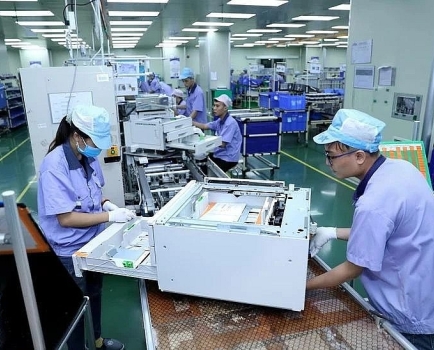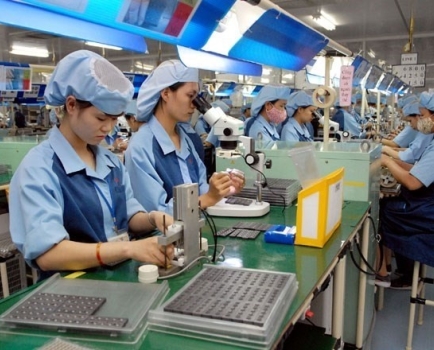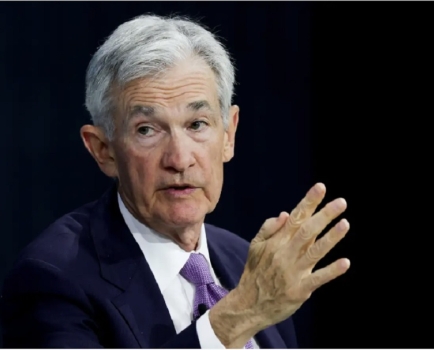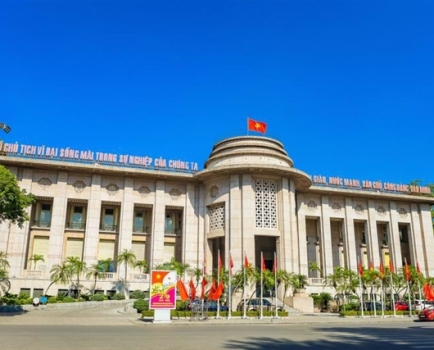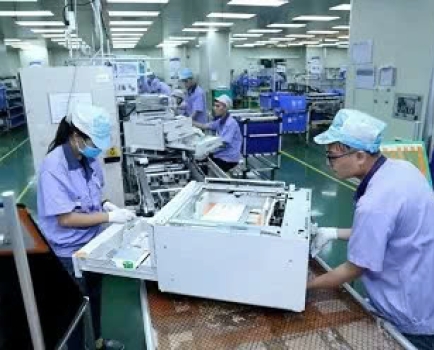WB Country Director: Accompanying reforms needed to ensure benefits of EVFTA
Mon, 01 Jul 2019 14:49:00 | Print | Email Share:
VGP - The EU-Viet Nam Free Trade Agreement (EVFTA) and the EU-Viet Nam Investment Protection Agreement (EVIPA) are expected to generate significant benefits for Viet Nam, but they do require accompanying reforms to ensure these benefits are realized and potential risks are mitigated.

Mr. Ousmane Dione, World Bank Country Director for Viet Nam
Mr. Ousmane Dione, World Bank Country Director for Viet Nam made that statement in his interview with the Viet Nam Government Portal about challenges for Viet Nam when the EVFTA and the EVIPA take effect.
What are challenges Viet Nam will face after these two agreements come into force?
Mr. Ousmane Dione: I would like to say that these agreements both create opportunities but also challenges for Viet Nam. The opportunities arise because these agreements enhance market access to major export markets. They will also benefit consumers in Viet Nam because they reduce the prices for imported goods. They also anchor commitments not only on tariff reductions but also on issues like public procurement, intellectual property rights, investor dispute resolution and SOE management and will help drive the next wave of reforms.
But with these opportunities also come challenges. First and foremost, Viet Nam will have to continue to enhance the competitiveness especially of its domestic enterprises to take full advantage of the agreements, and to withstand rising competition in the domestic market in certain sectors.
Second, in certain sectors there are strict rules of origin which will require a restructuring of value chains. For example, Viet Nam’s garment production relies heavily on imported raw materials and will have to restructure the sourcing of these inputs in order to comply with the rules of origin. Finally, while tariff reductions create broader economic benefits, they reduce government revenue and Viet Nam will need to mobilize alternative public financing sources for development.
So overall these FTAs are expected to generate significant benefits for Viet Nam, but they do require accompanying reforms to ensure these benefits are realized and potential risks are mitigated.
Would you please give recommendations for the Vietnamese Government to overcome challenges and take full advantages of these two agreements?
Mr. Ousmane Dione: The first order priority is implementation of commitments of the FTAs especially of non-tariff commitments which will require deeper reforms. For example Viet Nam will need to build a robust system of investor dispute resolution to help mitigate risks associated with potential disputes and liabilities.
Second, reforms to enhance competitiveness. For example, Viet Nam still has many opportunities to enhance the regulatory environment, especially with regard to trade facilitation policies to lower non-tariff barriers and reduce trade and logistics cost (customs modernization, simplifying non-tariff measures and make them transparent, applying national single window etc.).
Third, there are important accompanying reforms that need to be undertaken. For example, the EVFTA lowers barriers for exports of food products to the EU market, but exporters will have comply with very stringent food safety requirements and also cater to sophisticated preference of the consumers in these markets, for example for organic food.
By: Thuy Dung/Online Newspaper of the Government - Viet Nam Government Portal
---------------------------------------------
Same category News :



